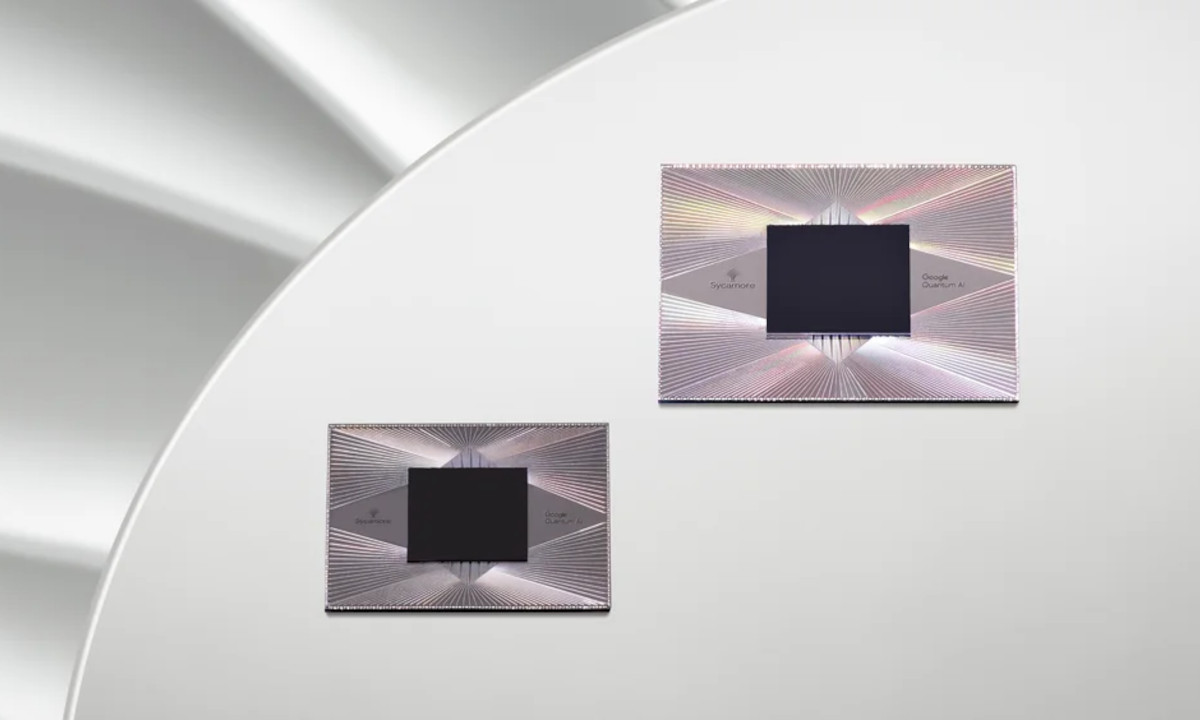What is quantum computing and why has Google reached a new level?
3 min read

Google says it has reached a new milestone that promises to overcome one of the major hurdles in quantum computing: the stability of qubits. understand
3 hours ago

Image: Google/Playback
Alphabet CEO Sundar Pichai announced that Google has made important progress in making quantum computing more reliable. In a new study published in natureThe company says it has managed to reduce the error rate generated by quantum computers — today, one of the biggest drawbacks to this technology.
Quantum computing is a modern field that seeks to create machines capable of performing complex computations – more efficiently than conventional computers.
Modern computing is currently based on a unit of information known as a bit. It is a system that is able to assume a single piece of information—such as true or false (or 0 and 1)—from the passage of electric current through semiconductor devices.
On the other hand, quantum computers rely on the behavior that metallic particles have in their subatomic level. The basis for this is qubits – also called qubits – to perform computational processing.
The advantage of quantum bits over conventional bits is that they are not limited to 0 and 1 states. Qubits support many states at the same time, which means twice their processing power – based on a quantum physics phenomenon called superposition.
In practice, qubits allow computers to solve complex problems more quickly, as well as to perform operations not possible with classical computing. This technology has the potential to revolutionize areas such as machine learning, cryptography and simulation using large databases.
However, scientists and engineers are still trying to solve the quantum phenomenon known as decoherence, which consists of quantum state loss in qubits. This loss of information can occur when they leave their quantum state and come into contact with the outside world.
A qubit is so fragile that its quantum state can be disrupted by exposure to stray light, a change in temperature, or even vibration. This ends up generating a cascade of errors, leading to calculations with less reliable results.
This problem grows as quantum computers grow in size.
New Google Achievements
According to Pichai, researchers from the Google Quantum AI project were able to experimentally prove that it is possible to reduce errors in quantum computing by increasing the number of bits. Sycamore, Google’s quantum computer, can synthesize 53 qubits. IBM’s Osprey uses a different technology to stack 433 qubits.
To do this, instead of working with the physical qubits on a quantum processor one by one, the company treats a group of them as a “logical qubit.” During the study, a logical qubit made of 49 qubits outperformed one built of 17 qubits.
The idea was to use quantum error correction algorithms to protect information and encode it into several physical qubits to form a “logical qubit”. Such a system had already been theorized in the 1990s, but earlier attempts only led to more errors.
Google CEO explains advertisement.
In an interview, study co-author Julian Kelly boost Quantum error correction will be the most important technology in quantum computing. However, he concedes that the results are still not good enough, requiring “more steps to come” before reaching an “utterly low error rate”.
Other companies, such as IBM, are developing their own quantum computers. However, Google’s current advances could put the company in an advantage over its competitors.

“Entrepreneur. Music enthusiast. Lifelong communicator. General coffee aficionado. Internet scholar.”

:strip_icc()/s04.video.glbimg.com/x720/11792055.jpg)

:strip_icc()/s03.video.glbimg.com/x720/11786998.jpg)